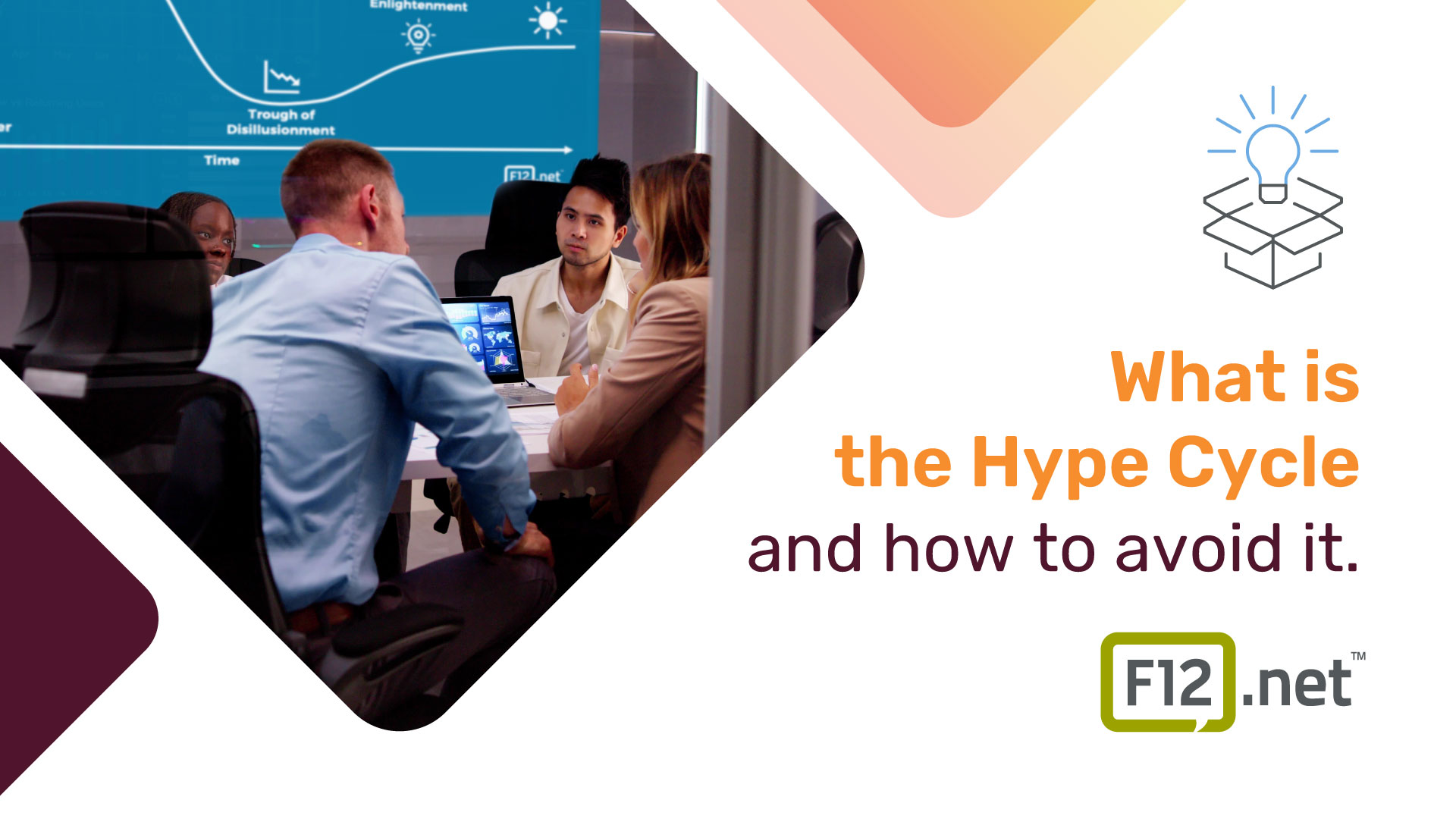“Trust is a tough thing to come by these days.” – R.J. MacReady, The Thing (1982)
The Evolving Threat Landscape for Law Firms
Law firms are increasingly attractive targets for cybercriminals. In 2022, the American Bar Association reported that 25% of law firms experienced a breach (American Bar Association, 2022). This statistic underscores the vulnerabilities inherent in traditional security frameworks, which often lack the robust defences needed for today’s sophisticated threat landscape.
Insider threats also contribute significantly to the risk. According to Verizon’s 2023 Data Breach Investigations Report, 35% of breaches involve insider actors, either through negligence or malicious intent (Verizon, 2023). Traditional perimeter-based security frameworks simply cannot meet the demands of such a dynamic and risk-prone environment.
What Is Zero Trust Architecture?
Zero Trust Architecture is a modern cybersecurity framework that operates under the principle of “never trust, always verify.” Unlike legacy models, which assume trust for users and devices within a network, Zero Trust requires continuous verification of every access request, regardless of location.
The Core Tenets of Zero Trust Architecture
- Continuous Verification: Authentication is dynamic, using real-time factors like user identity, device health, and location.
- Least Privilege Access: Employees and contractors can access only the data and systems they need for their role.
- Micro-Segmentation: Networks are divided into secure zones to isolate threats and contain potential breaches.
- End-to-End Encryption: All data is encrypted in transit and at rest, ensuring privacy and compliance.
Why Law Firms Should Adopt Zero Trust
1. Protect Client Confidentiality
Your reputation is built on trust. A data breach that exposes client information can result in not just fines under data privacy regulations like PIPEDA but also irreversible damage to your firm’s credibility. Zero Trust’s continuous verification and encryption ensure sensitive data remains protected, even if a device is compromised.
2. Address Insider Threats
Whether it’s an employee opening a phishing email or a rogue contractor accessing files, insider threats are a growing problem for law firms. Zero Trust minimises this risk by implementing least-privilege access controls, ensuring that even trusted individuals can’t access more than what they need.
3. Achieve Compliance with Confidence
Laws like Canada’s Privacy Act and GDPR demand stringent data protection measures. Zero Trust frameworks are designed to meet or exceed these standards by providing visibility, encryption, and audit trails for all data access.
4. Secure Hybrid Workforces
The legal industry has embraced remote work, with many firms adopting hybrid models. However, remote work opens the door to vulnerabilities such as unsecured home networks and shared devices. Zero Trust enables secure access to firm resources from anywhere, reducing the risk of remote breaches.
F12.net: Simplifying Zero Trust for Law Firms
At F12.net, we understand the unique challenges law firms face in safeguarding client data and maintaining operational continuity. Our Zero Trust solutions are tailored to the legal industry, ensuring that your practice stays secure without disrupting productivity.
Here’s how we can help:
- F12 Connect: A fully managed IT service that includes Zero Trust implementation, monitoring, and support, so your team can focus on clients, not cybersecurity.
- Proactive Cybersecurity Monitoring: Our partnership with Blackpoint Cyber delivers real-time threat detection and response, minimising risk.
- Scalable Solutions: Whether you’re a boutique firm or a national practice, we customise our solutions to meet your needs.
- Regulatory Expertise: With our deep understanding of compliance requirements, we help you achieve peace of mind.
Consider This: A Legal Firm Saved by Zero Trust
One of our clients, a mid-sized law firm, experienced an attempted ransomware attack when a junior associate clicked a malicious link. Thanks to their Zero Trust deployment, access to sensitive case files was immediately blocked, the threat was isolated, and the firm avoided a potential breach. Within hours, their team was back to business as usual, with no data loss or downtime.
Key Takeaways
- Law firms face significant cyber risks that traditional security measures can’t fully address.
- Zero Trust Architecture offers a comprehensive, proactive approach to safeguarding client data, maintaining compliance, and ensuring operational resilience.
- Partnering with F12.net ensures a seamless Zero Trust implementation, tailored to the legal industry’s needs.
Call to Action
Ready to secure your firm with Zero Trust? Book a consultation with our cybersecurity experts today and discover how F12.net can help protect your practice and your clients.



